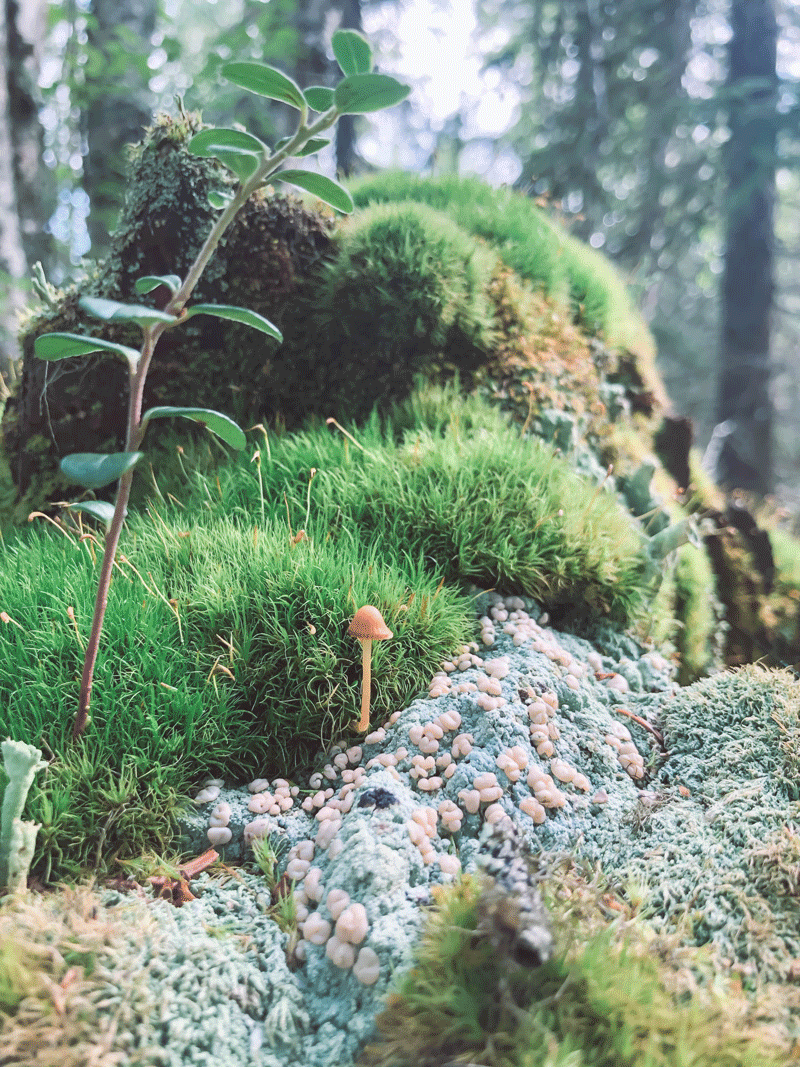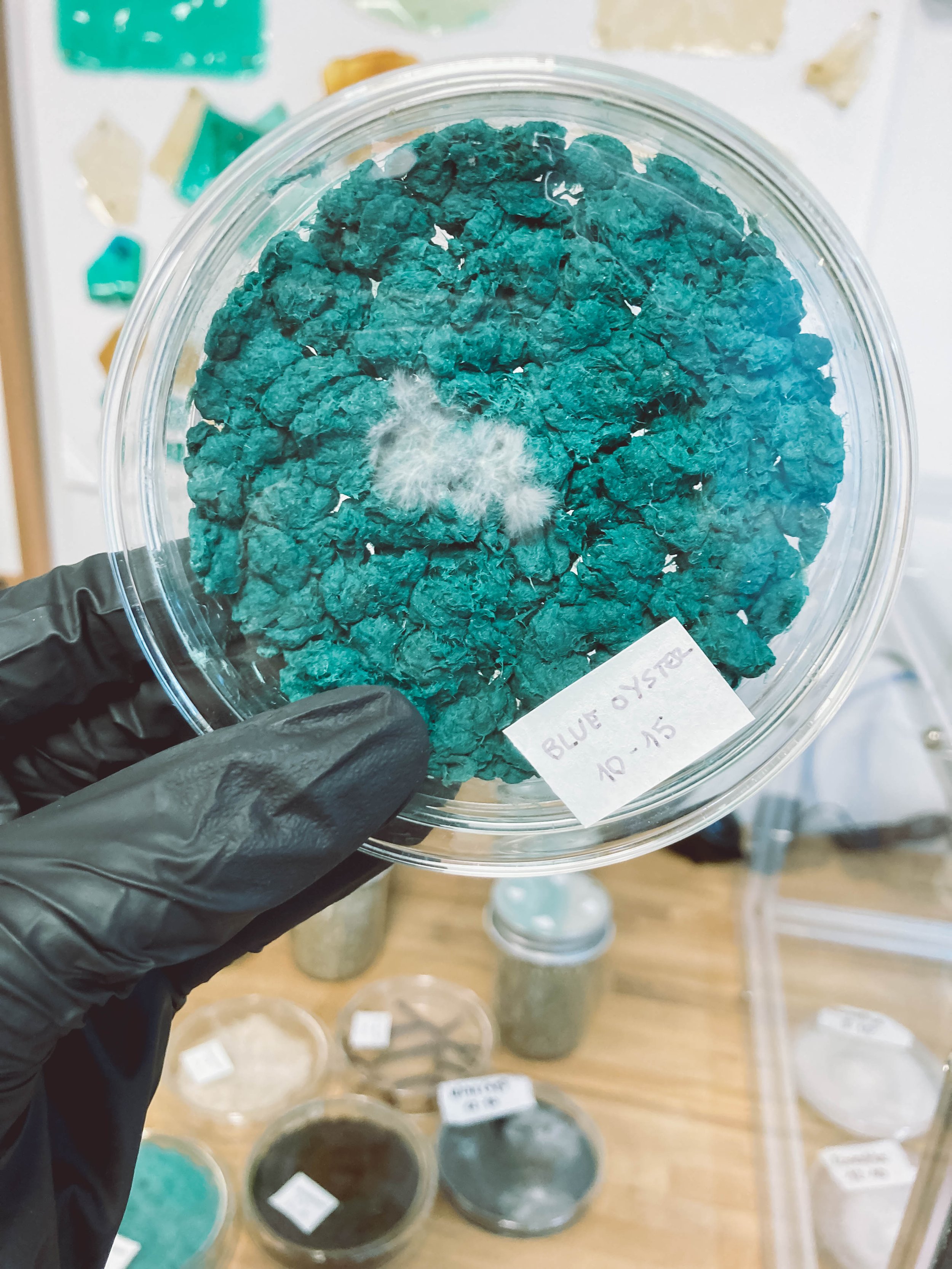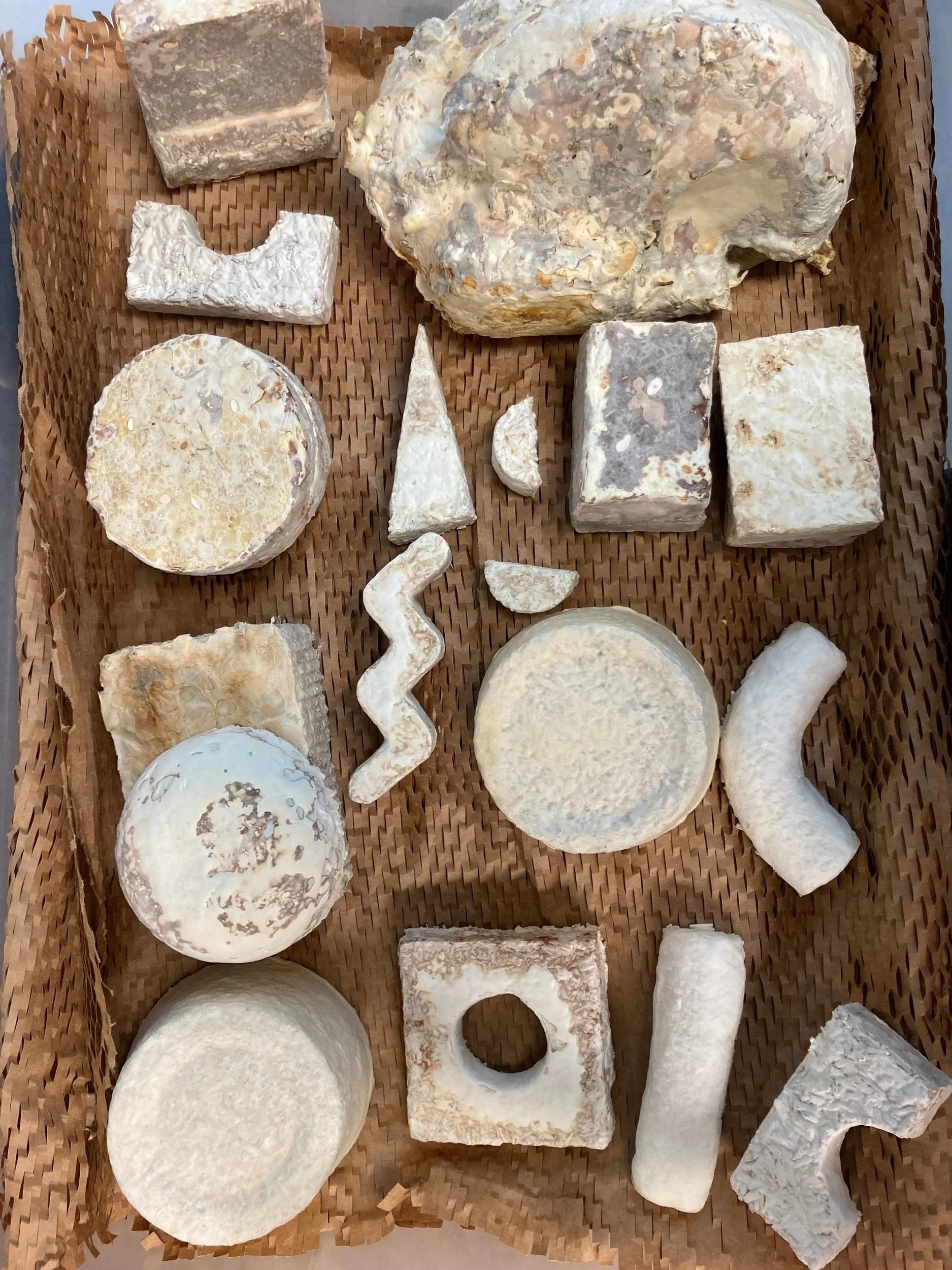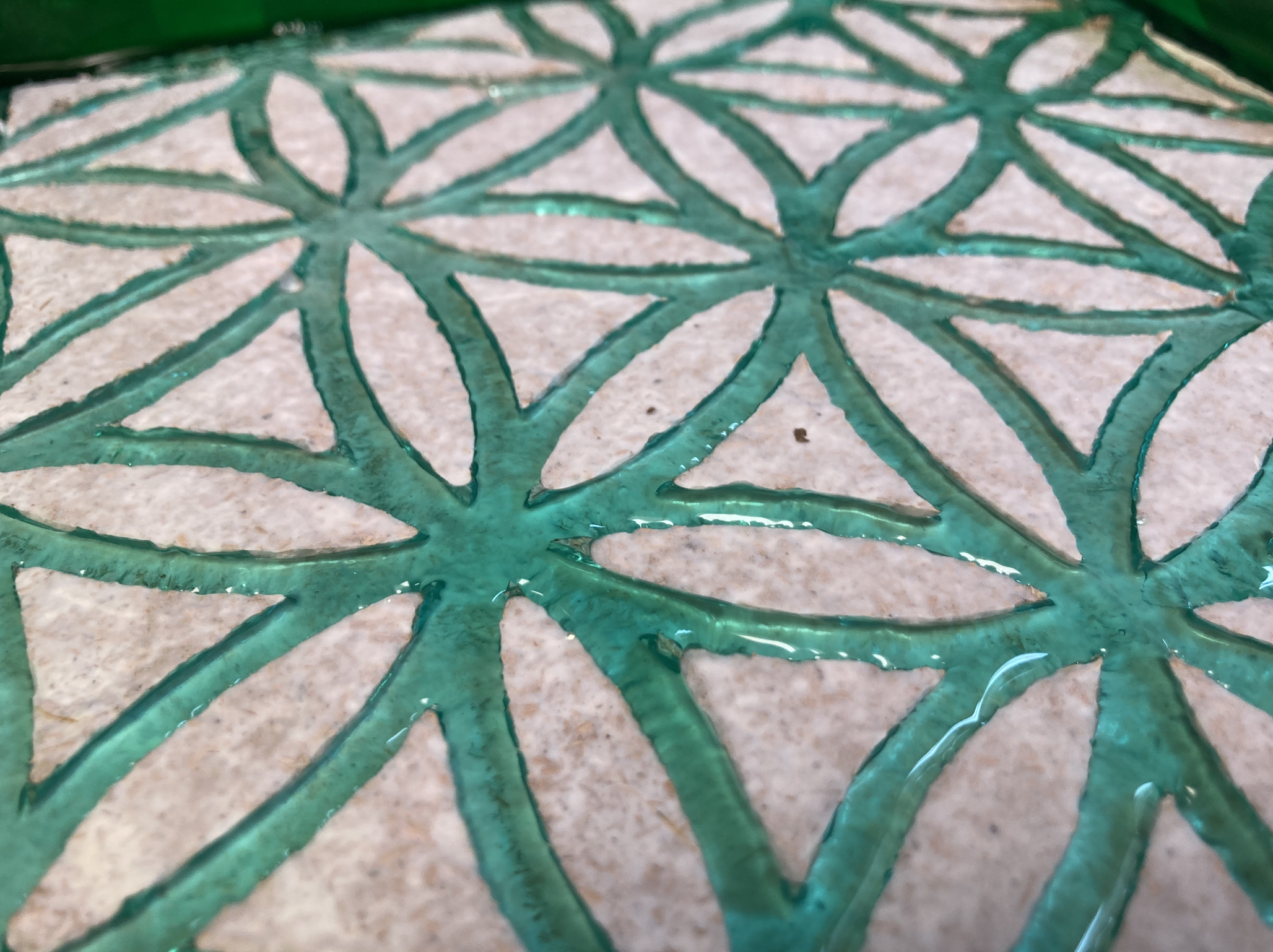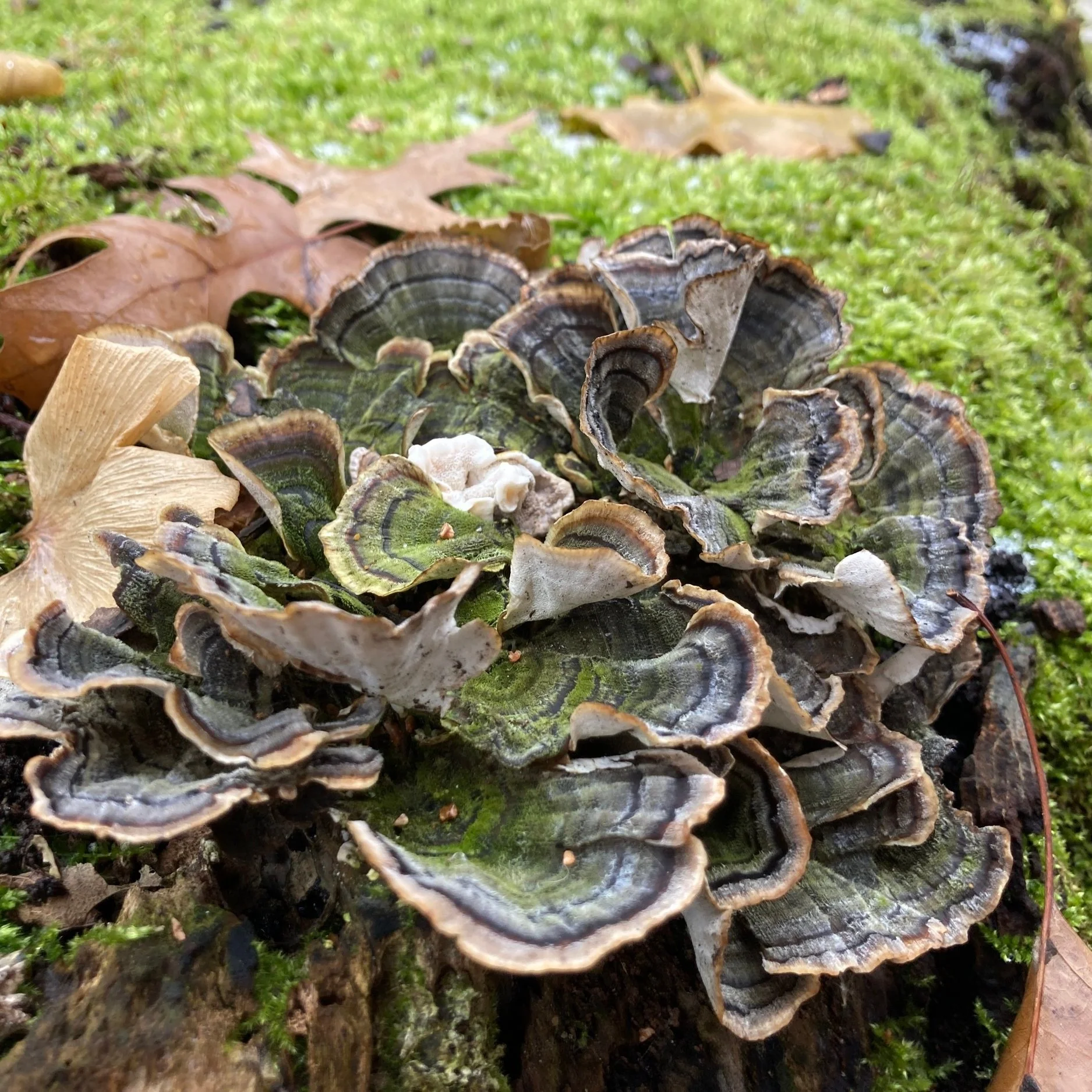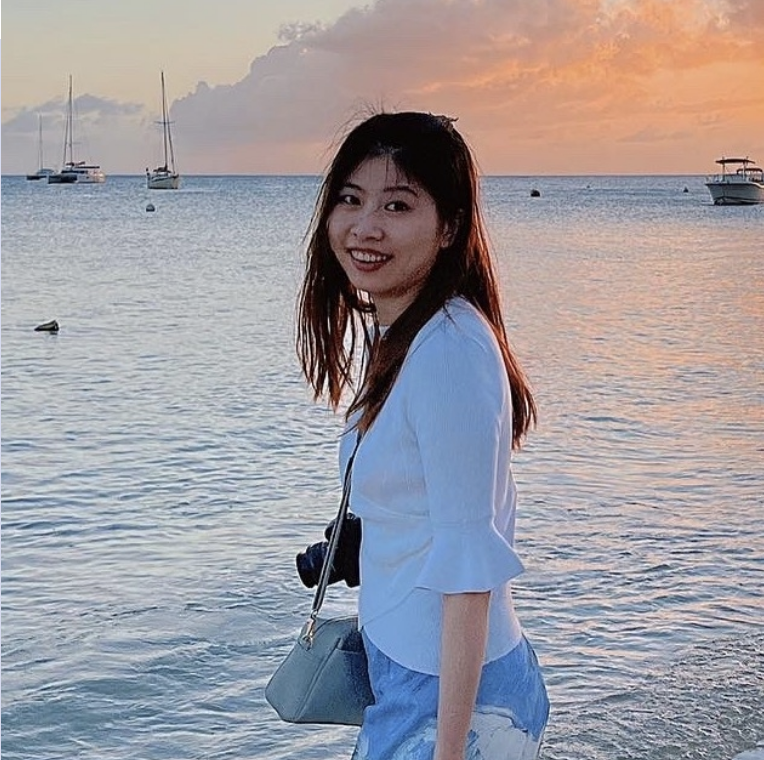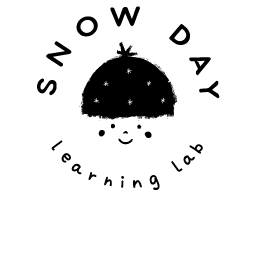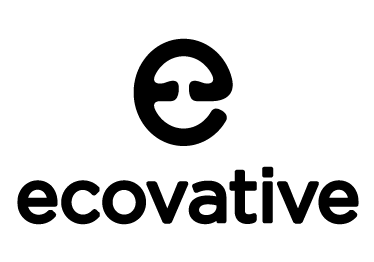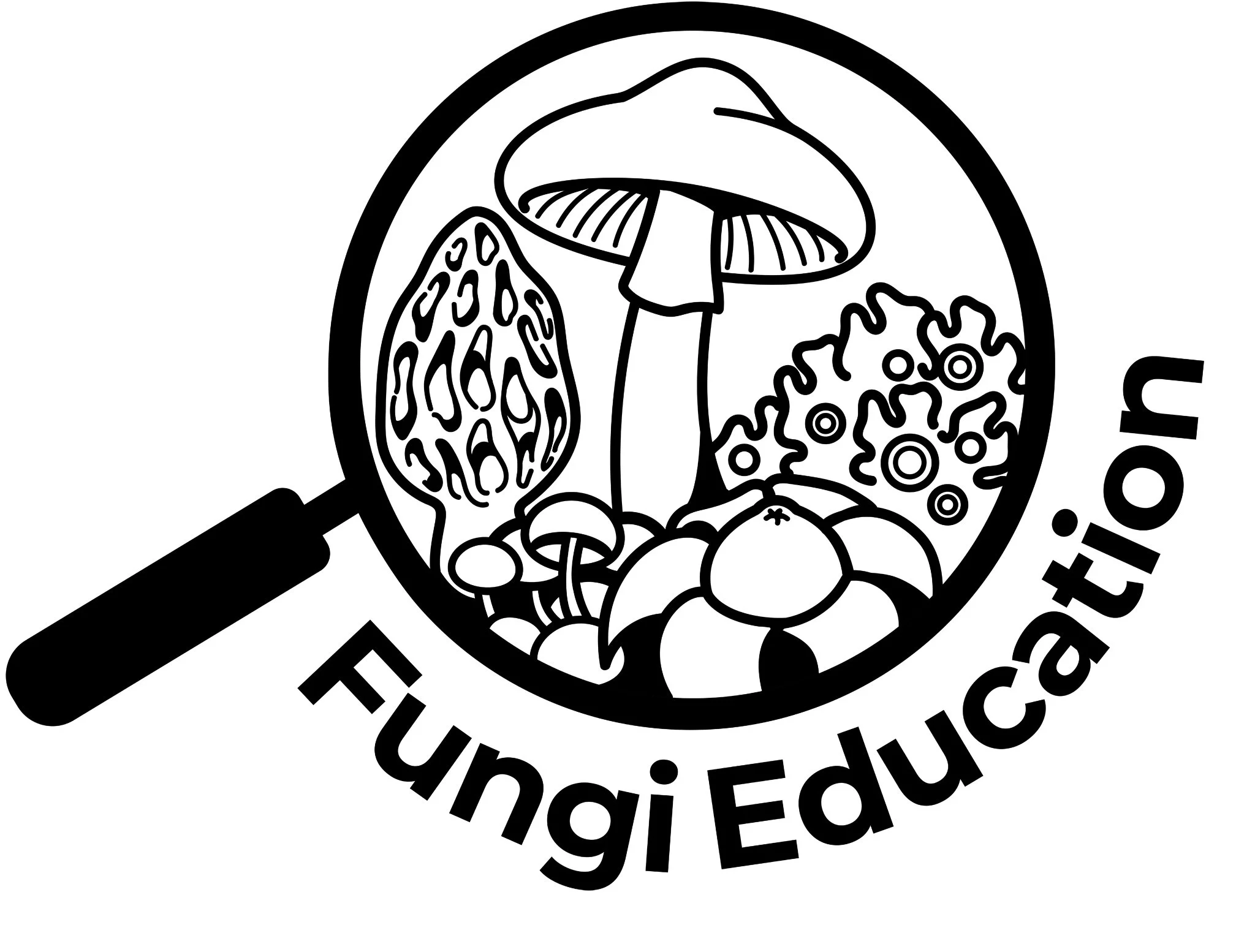How does making with other living beings change our relationships with the living world?
at teachers college, columbia university
Imagine this:
50 years from now, human civilization continues a path of degradation. Meanwhile, decomposer organisms, such as mushrooms, thrive in the ruins of our broken systems. As a last resort, a group of young activists decides to partner up with fungi to rebuild the planet through cooperation and symbiosis with nature.
What is Building Fungitopia?
Building Fungitopia is a program that provides supplemental STEAM and environmental education for youth aged 11-14 in NYC.
“We will not save Mother Earth; if anything, Mother Earth will save us.” Tiokasin Ghosthorse, Indigenous Activist
Sometimes, climate change can feel overwhelming. Especially if you are young and surrounded by adults who think you are the future and need to find solutions to literally save the planet! What if rather than trying to fix it, we join the creative and regenerative power of the earth?
This workshop invites youth to engage in a different story about the environmental crisis and understand its root causes on the profound separation between humans and nature. Through exploratory activities in nearby parks and hands-on biodesign with fungi we will build creative relationships with nature and each other.
Building Fungitopia is an opportunity to connect to yourself, nature, and others through the critical power of the arts and the curious world of mushrooms!
Why Fungi?
fungi is a kaleidoscopic lens to examine and reimagine how we relate to nature and to one another.
Although funky and weird, mushrooms are genetically more close to humans than they are to plants! However, children are often taught to fear mushrooms and view them as poisonous, gross, and degenerated. Likewise, mycology –the science of fungi– has been a historically marginalized branch of the life sciences. Mushrooms are queer at the organism level!
Quietly and largely unseen, the so-called “queendom” of fungi weaves the living world together through almost invisible underground networks that sustain communication and interchange across species. These very same networks can be cultivated to grow materials at the frontier of natural and artificial.
In the last few years, mushrooms have been rediscovered by grassroots community movements looking at fungi as a means for democratizing food, medicine, science, and material production. Mycology is a safe space for youth to challenge present inequalities while exploring the fluid, mutualistic, and transformative possibilities.
What will we do?
we will learn groundbreaking biodesign practices to get to know fungi through art and science.
This is a fully hands-on program:
We will learn cutting-edge biodesign techniques to make, or better said grow, artifacts that represent personal visions of human-nature futures.
We will build a collective piece of living art as we learn about fungi’s intelligence and practice fundamental mycological skills.
We will do activities in nearby parks to deepen our connection to nature and learn to open our eyes and senses to the world of fungi all around us.
Where, when, and who can participate?
WHERE: This is an in-person program run at the Snow Day Learning Lab, a makerspace and research lab at Teachers College, equipped with technologies and materials for biodesign work. We will also be visiting walking-distance parks as a group.
WHEN: There will be two groups attending the program:
- Monday’s group: APR 25 / MAY 2 / MAY 9 / MAY 16 / MAY 23 / MAY 30
- Thursday’s group: APR 28 / MAY 5 / MAY 12 / MAY 19 / MAY 26 / JUN 2
WHO: NYC Youth ages 11 to 14. Anyone is invited to participate. Mushrooms do not discriminate on the basis of race, color, religion, gender, gender expression, age, national origin, disability, or sexual orientation. NO PREVIOUS EXPERIENCE REQUIRED, ONLY CURIOSITY.
The program will endorse Teachers College’s institutional COVID precautions to keep all participants healthy and can host only a small number of participants to comply with safety occupation limits.
CONTACT: For questions please contact the program director at mic2130@tc.columbia.edu
Is this program also a research study?
Yes! This program is part of a research study at Teachers College, Columbia University. Research is usually done to find a better way to solve a problem or understand how things work. This study wants to know how to support interspecies creativity in education.
We look forward to an inclusive future where children don’t learn about nature but with nature.
[Teachers College IRB #22-210]
REGISTRATION FOR THIS PROGRAM IS CLOSED!
Who we are?
The program will be run by a group of educators, makers, graduate students from the Snow Day Learning Lab at Teachers College, Columbia University:
Isa Correa, program director
I'm a designer and doctorate student at TC. I study creativity in education. I'm running this workshop to understand what interspecies creativity might be… My favorite mushrooms are puff balls!
If you have questions or want to know more, please write me to mic2130@tc.columbia.edu
Lucius Von Joo
I am a teacher and student at TC. I enjoy studying about media making, building, fixing, and everyday play. I am excited to be a part of this workshop! My favorite mushroom is maitake (舞茸, "dancing mushroom").
Ayse Unal
I love and make animated films, I study at TC what makes people curious and learn. My favourite mushrooms are polypores because I appreciate they are always there to say hello to me in the Riverside Park!
Chenyou Wu
I’m a student at TC. I am excited to learn how art, design, and learning technology can empower creativity. My favorite mushroom is Reishi(Lingzhi).
Blake Danzig
I’m a student at TC. I’m studying how we can use technology to help people learn through creation and playful exploration. My favorite mushroom is the Honey Fungus.


